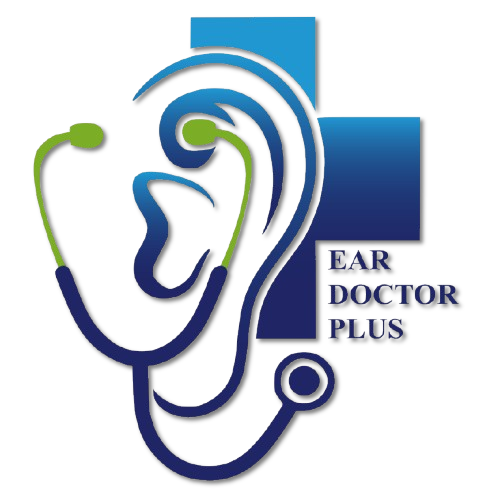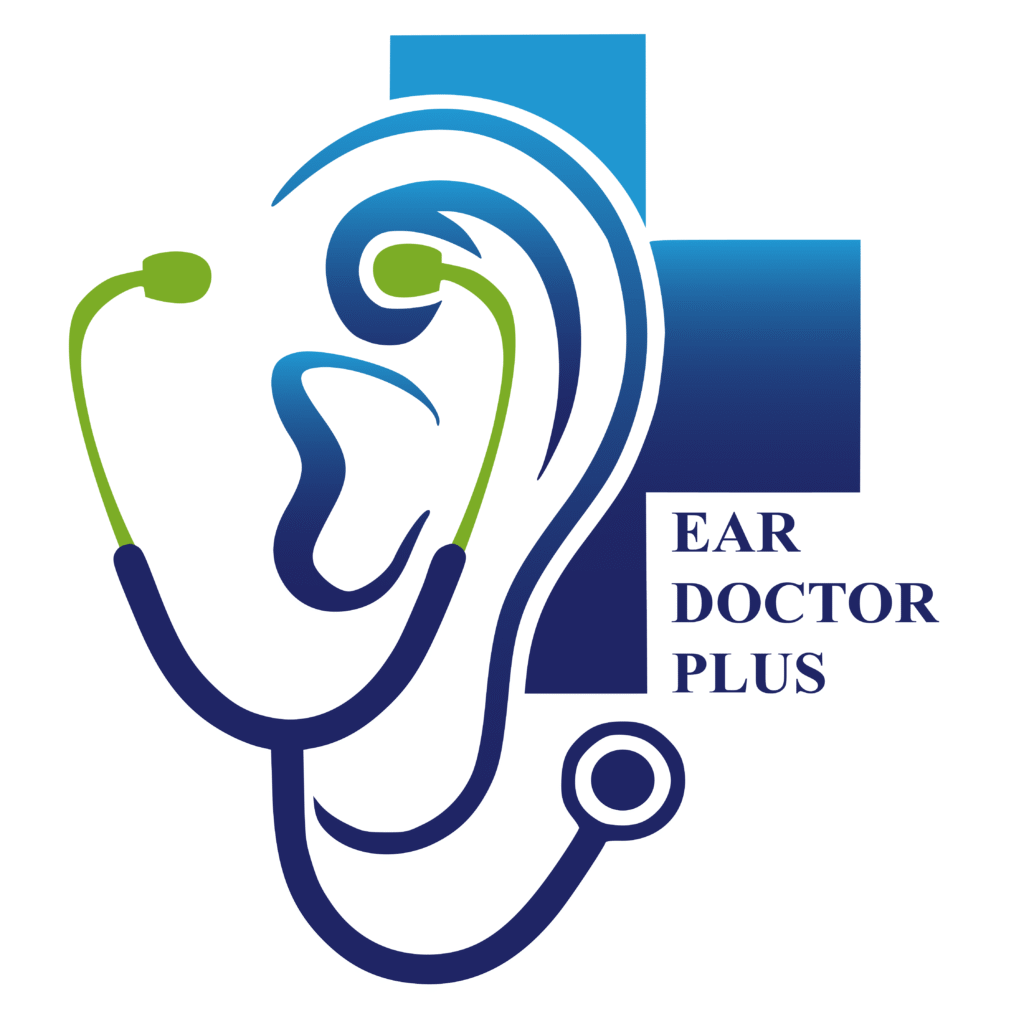
Introduction
Tinnitus is the perception of sound in one or both ears or in the head when no external sound is present. Often described as a ringing, buzzing, hissing, or humming sound, tinnitus is not a disease itself but a symptom of an underlying condition. It affects millions of people worldwide and can range from a mild annoyance to a severely disruptive condition.
What is Tinnitus?
Tinnitus is commonly experienced as a continuous or intermittent sound that only the person affected can hear (subjective tinnitus). In rare cases, it can be heard by a healthcare professional during examination (objective tinnitus), usually caused by vascular or muscular issues.
Types of Tinnitus
- Subjective Tinnitus: Most common type. Caused by auditory nerve or inner ear issues. Only the patient can hear the sound.
- Objective Tinnitus: Rare. Linked to physical sound generated inside the body. Can sometimes be heard through a stethoscope.
Common Causes of Tinnitus
- Hearing loss (age-related or noise-induced)
- Exposure to loud noise (concerts, machinery, headphones)
- Earwax blockage
- Ototoxic medications (certain antibiotics, chemotherapy drugs)
- Ear infections or Eustachian tube dysfunction
- Medical conditions like Meniere’s disease, high blood pressure, or TMJ disorders
- Head or neck injuries
- Stress and anxiety
Symptoms of Tinnitus
- Ringing, buzzing, hissing, or clicking sounds
- Pulsating or rhythmic noise
- Perceived in one or both ears
- Difficulty sleeping or concentrating
- Emotional effects such as frustration or anxiety
Diagnosis
A thorough examination may include:
- Hearing tests (audiometry)
- Otoscope ear examination
- Imaging (MRI or CT scan)
- Blood tests if systemic causes are suspected
Treatment Options
While there’s no universal cure, several treatments can help manage tinnitus:
- Treating underlying causes (e.g., earwax removal, medication change)
- Hearing aids (especially if hearing loss is present)
- Sound therapy (white noise, nature sounds)
- Cognitive Behavioral Therapy (CBT)
- Tinnitus Retraining Therapy (TRT)
- Medication for anxiety or sleep if needed
- Lifestyle changes (stress reduction, caffeine reduction)
Living with Tinnitus
Many people live well with tinnitus using a combination of coping strategies. Apps, counseling, sound machines, and support groups can make daily life easier and improve quality of life.
When to See a Doctor
- Tinnitus occurs suddenly or worsens rapidly
- Accompanied by hearing loss, dizziness, or pain
- Persistent and interferes with daily activities
Conclusion
Tinnitus can affect your well-being, but with professional guidance and the right treatment, most people can manage it effectively. Don’t ignore the symptoms—early diagnosis is key to relief. If you’re experiencing signs of tinnitus, consult an audiologist or ENT specialist for proper evaluation and support.

